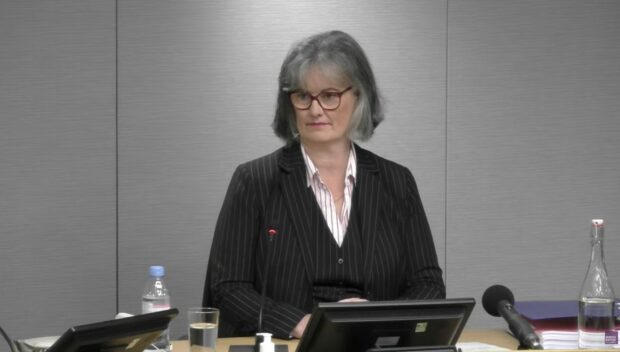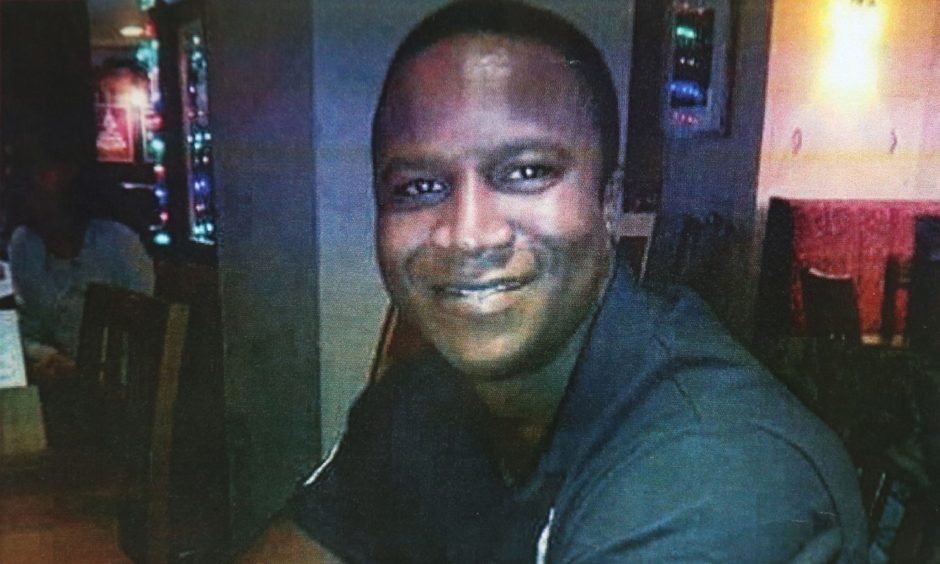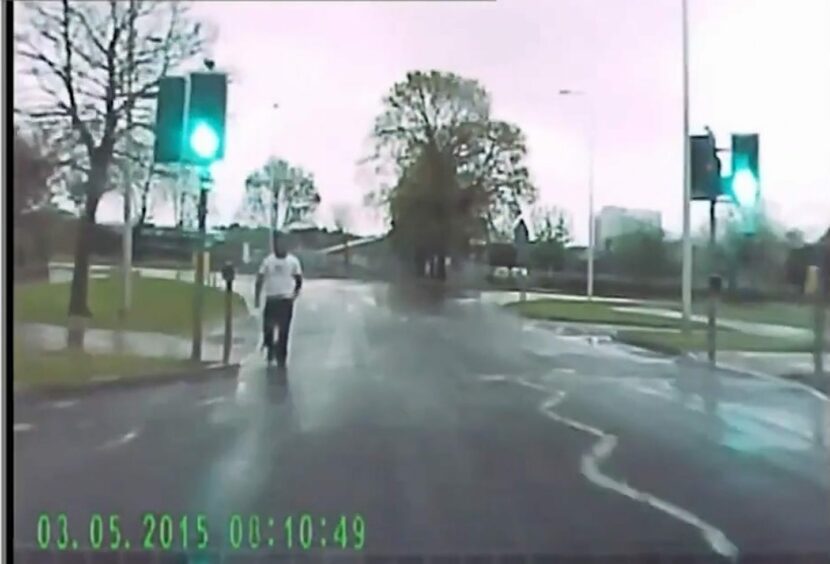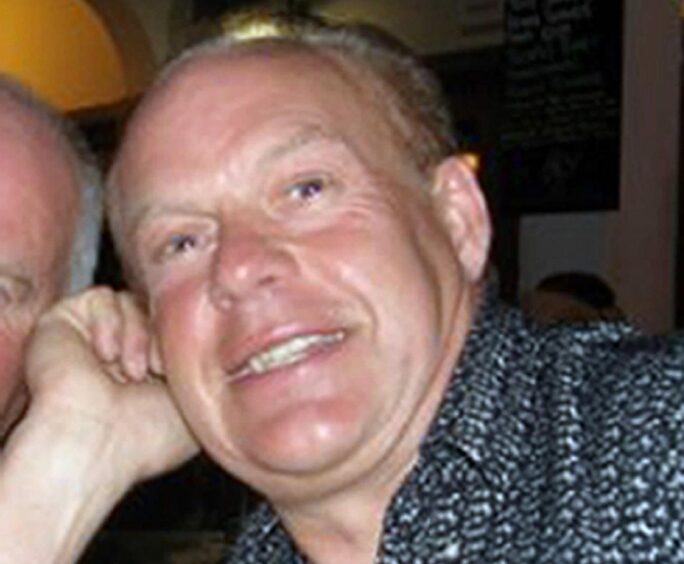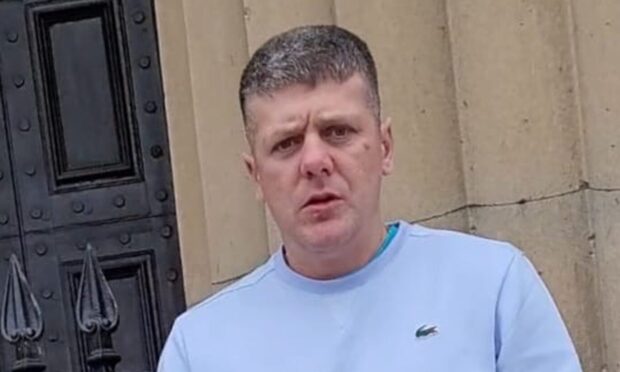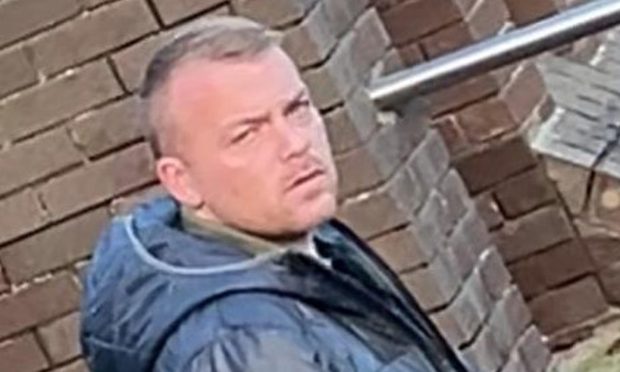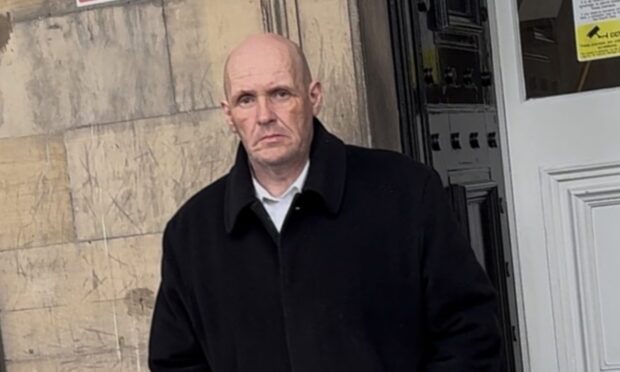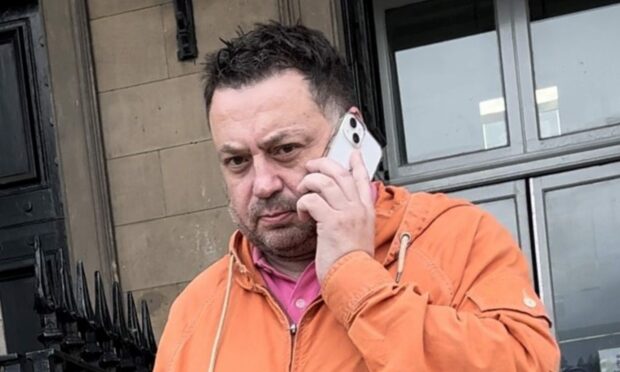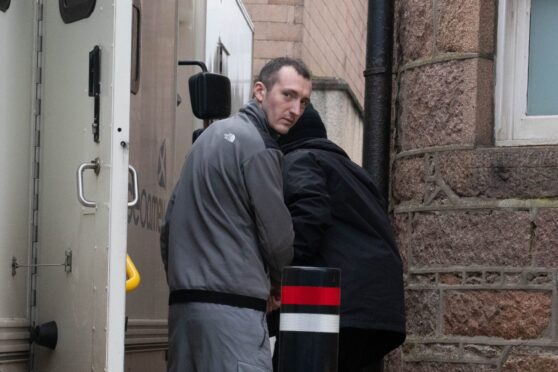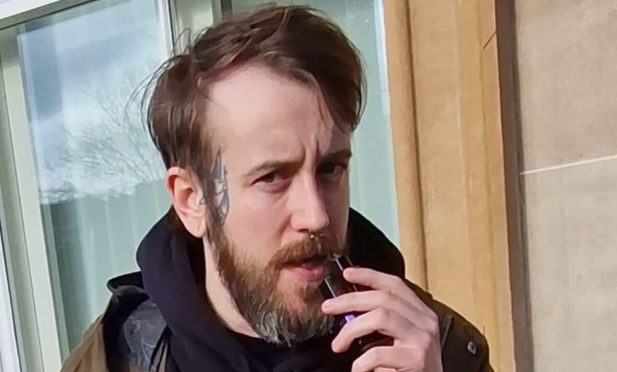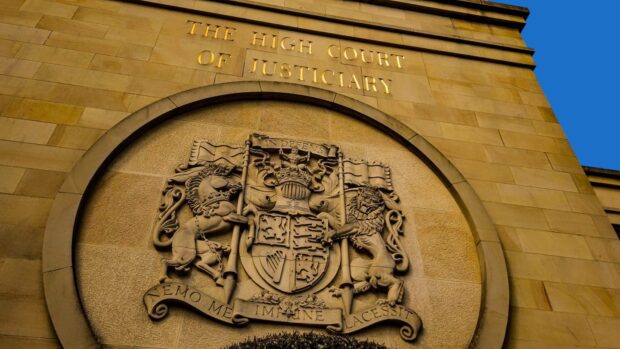Officers should have considered calling an ambulance for Sheku Bayoh as soon as they arrived on scene, an expert has said.
Joanne Caffrey, a use-of-force expert, told the official inquiry into the 31-year-old’s death, police are used to dealing with intoxication and mental health crises and should recognise the signs.
The former police officer from Cumbria, who was on duty when mass-killer Derrick Bird carried out his murder spree in 2010, said Mr Bayoh’s “bulging” eyes and the fact he was dressed in just a t-shirt despite the poor weather could have suggested he was under the influence of drugs or having a mental health episode.
The inquiry has heard from a witness who said Mr Bayoh had taken drugs on the night he died.
A police witness has said he had “bulging eyes” when officers arrived.
Asked by Angela Grahame KC, counsel to the inquiry, what a “reasonable officer” would have done in the circumstances, she said: “They would be thinking ‘this is someone under the influence of intoxication and/or mental illness and I need to get them medical assistance’.
“So then ‘control (referencing the police control room) we need an ambulance’.”
She said she would then expect officers to engage with the subject, asking if they needed help.
Asked about the key factors in assessing whether an ambulance was needed, she said: “Definitely the visual of the eyes bulging.
“The face, if it’s not responding normally, the inappropriate clothing for the weather – those factors alone we’d be thinking there’s something not quite right here.
“And you still don’t know as a police officer whether it’s purely intoxication, purely mental health crisis or both.
“But the fact you deal with both issues quite a lot would increase your suspicions that this could be yet another incident involving those incidents.”
Ms Caffrey said the number of calls and nature of information lent weight to it being a potentially serious incident.
Containment is priority
Ms Caffrey also said the primary motive of police officers dealing with an armed suspect is to “contain rather than restrain”.
She said: “To put a containment, you can’t contain someone in an open place with just two.
“If four or six turned up together, you have got a really good chance of containment.”
She said containment would be the “preferred option unless it can be shown why it wasn’t”.
Father-of-two Mr Bayoh died in police custody as officers restrained him on Kirkcaldy’s Hayfield Road on May 3 2015 after reports he was in public with a knife.
The inquiry aims to examine the circumstances surrounding his death and whether race was a factor.
Ms Cafferty will continue to give evidence over the coming days.
Derrick Bird killed 12 people and injured another 11 during a spree lasting around 12 hours, sparking a manhunt and the first ever lockdown of the Sellafield nuclear power plant.
